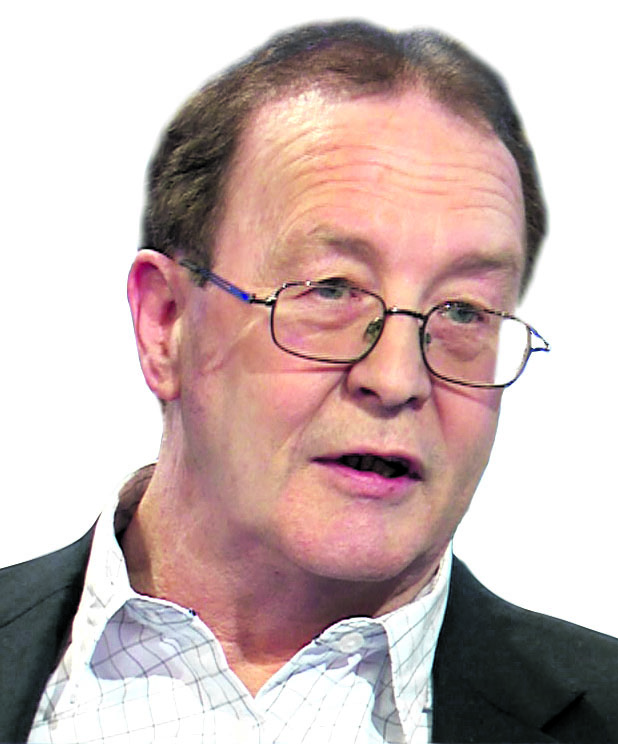The far right thrives on division, but denying racism within the left only strengthens it. As we mobilise for the All Together March, real solidarity demands honesty about our own failures, argues ROGER McKENZIE

 Primary school children, seen here wearing Jose Marti Pioneer white shirts and red neckerchiefs, enjoying a teacher-to-pupil ratio of just one to 15 in Cuba.
Primary school children, seen here wearing Jose Marti Pioneer white shirts and red neckerchiefs, enjoying a teacher-to-pupil ratio of just one to 15 in Cuba.
JOEL QUEIPO RUIZ doesn’t beat around the bush and identifies Cuba’s economic shortcomings without equivocation. He’s the head of the Cuban Communist Party’s economic department and a member of its central committee and secretariat.
Sharp but relaxed, he tells me that his country must update and expand its electricity generating plant, reduce its dependence on food imports, find new overseas sources of raw materials, develop a stronger and more advanced manufacturing base, revive and enhance its tourist industry and — tied in with several of these objectives — secure greater access to international finance and foreign currency.
To the annoyance of working people, householders and shoppers alike, oil shortages make sporadic and localised power cuts unavoidable. Half of the island’s current needs are met by imports on generous terms from Venezuela, in defiance of the illegal US embargo against trade with Cuba; one-third comes from Cuba’s own oilfield off its north-western coast, while Russia supplies some of the remainder.















